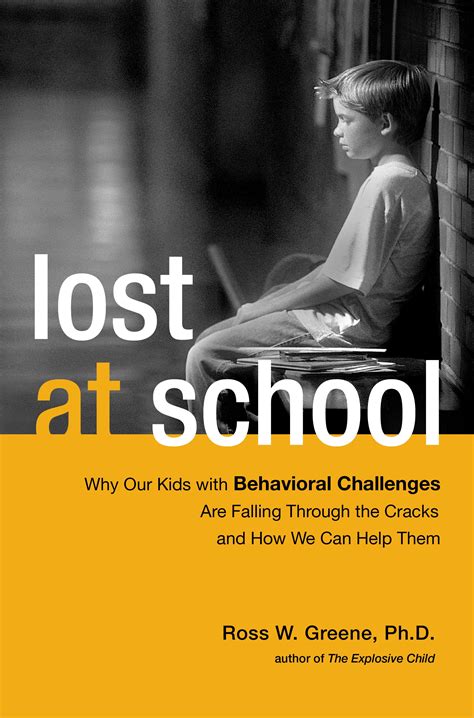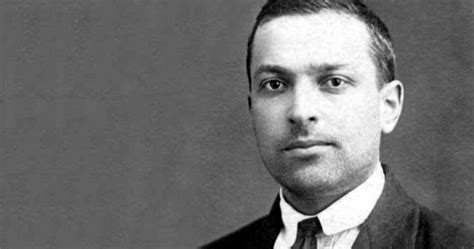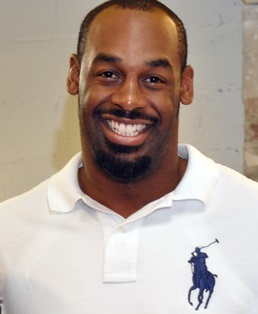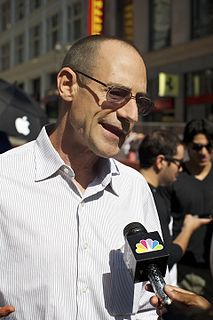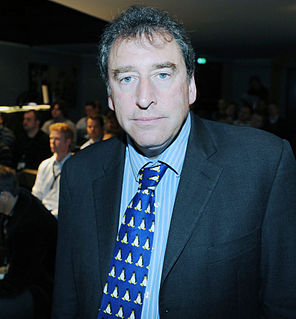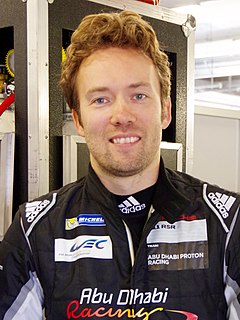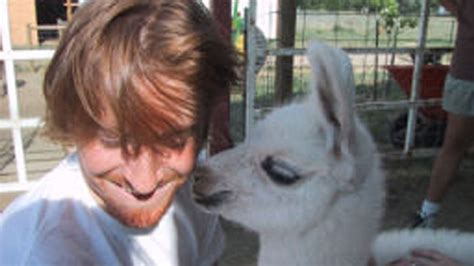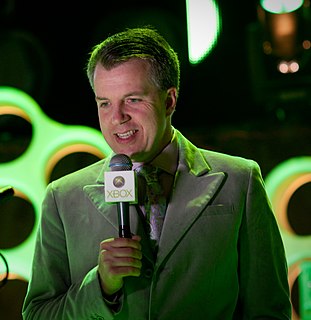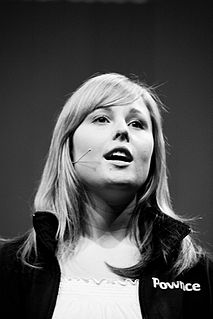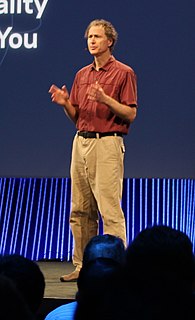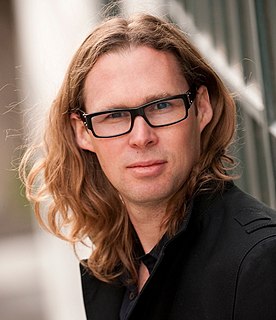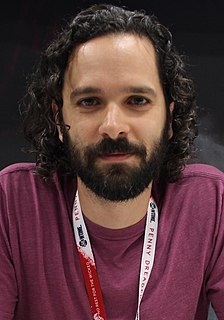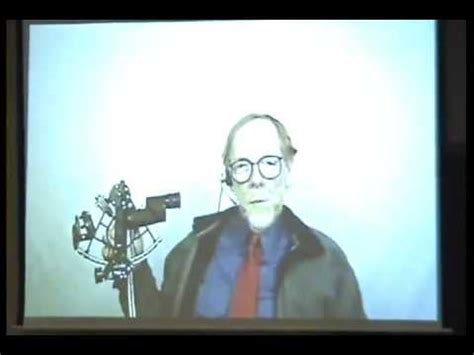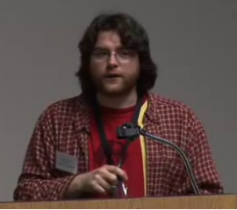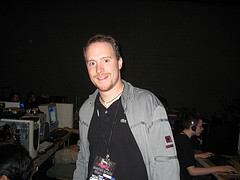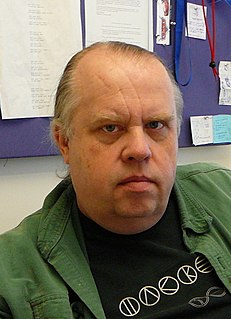A Quote by Erik Naggum
All experience has taught us that solving a complex problem uncovers hidden assumptions and ever more knowledge, trade-offs that we didn't anticipate but which can make the difference between meeting a deadline and going into research mode for a year, etc.
Related Quotes
People need to learn how to respond to each other's hatreds with love - which is what Jesus taught us, which is what Buddha came here to teach us, which is what Muhammad taught us, which is what all of the great spiritual masters who have ever walked among us who live at those highest energies taught us - responding to force with more force will just create more problems.
If others tell us something we make assumptions, and if they don't tell us something we make assumptions to fulfill our need to know and to replace the need to communicate. Even if we hear something and we don't understand we make assumptions about what it means and then believe the assumptions. We make all sorts of assumptions because we don't have the courage to ask questions.
We have a tendency to make assumptions about everything! The problem with making assumptions is that we believe they are truth. We could swear they are real. We make assumptions about what others are doing or thinking-we take it personally-then we blame them and react by sending emotional poison in our word. That is why whenever we make assumptions, we're asking for problems. We make assumptions, we misunderstand, we take it personally, and we end up creating a whole big drama for nothing.
Dialogue is a space where we may see the assumptions which lay beneath the surface of our thoughts, assumptions which drive us, assumptions around which we build organizations, create economies, form nations and religions. These assumptions become habitual, mental habits that drive us, confuse us and prevent our responding intelligently to the challenges we face every day.
The important thing is that over time, scientific progress transforms things that used to have to be dealt with in a problem-solving mode down to the pattern-recognition space; and from pattern recognition into the rules-based mode. This is the mechanism by which less-trained people are enabled to do more sophisticated things. This is always the way disruption happens. It enables a larger population of less-experienced people to do more sophisticated things.
There are other dimensions of biotechnology. If you think of biotechnology like the Internet, it's not a category - it's an infrastructure that can be deployed to sustain or disrupt. In health care, the most complex problems at the high end have to be dealt with in a problem-solving mode by the best, most experienced physicians you can find.
We think the problem is out there, when the problem is really in here - who we are and how we experience the world around us. The acoustic ecologist listens, as the primary sense, to the world around us, and I believe that they have a significant contribution to make to all environmental groups who think that they're solving environmental problems, when we're actually all on a spiritual pilgrimage.
I figured if I could get really good people who were going to be able to have a big impact in the world over the next decade to come together once a year for ten years and actually sign a pledge to take action themselves, if we did that every year for ten years we could do a lot of good in the world. That's the difference between my meeting and any other. If you don't want to promise to do something, don't come to my meeting, stay home.

